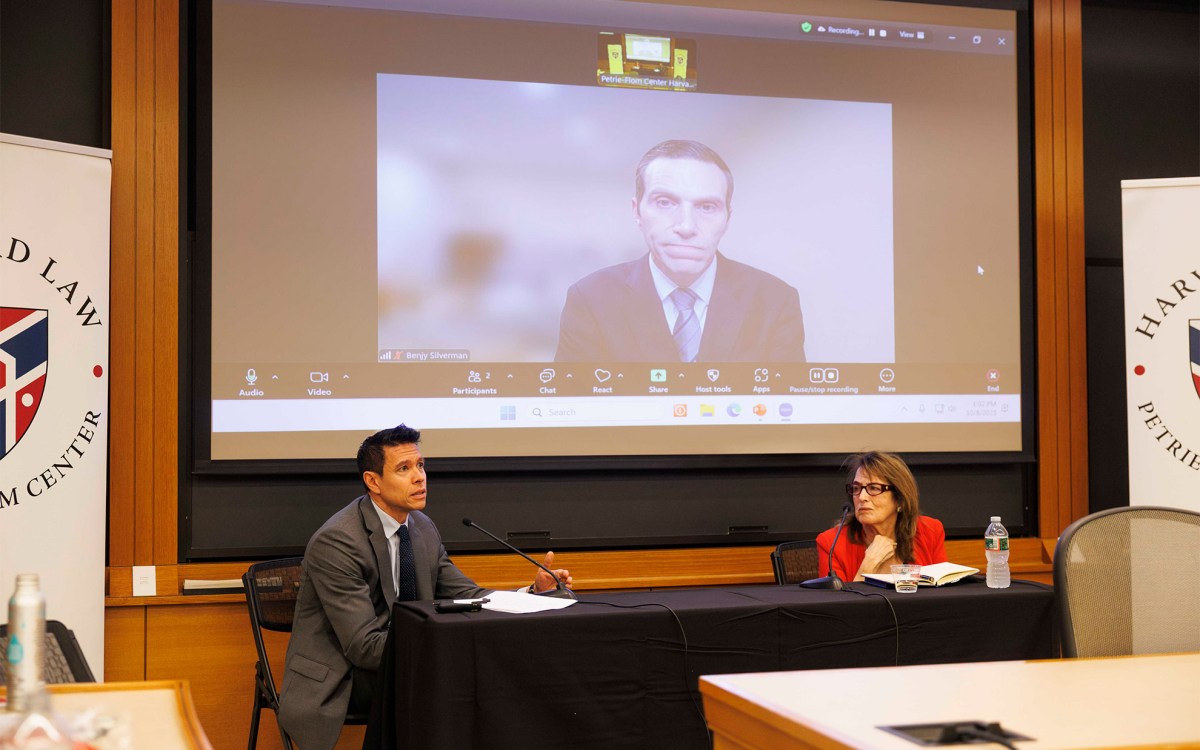Joint Center for Housing sees mortgage turmoil hitting rental market
The current mortgage turmoil reaches deep into rental markets. New research on rental housing market dynamics from Harvard University’s Joint Center for Housing Studies finds that the current housing debacle not only adds to the number of households competing for low-cost rentals but also threatens renters living in foreclosed properties with sudden eviction. The report concludes that policymakers at all levels of government should focus more attention on those renter households severely harmed by the current mortgage market turmoil.
“Today, investor-owned one- to four-family rental properties account for nearly 20 percent of all foreclosures,” notes Nicolas P. Retsinas, director of the Joint Center. “Moreover, because many of the high-risk home purchase and home refinance loans now in default are concentrated in low-income and minority communities, the fallout from foreclosures is hitting the same neighborhoods where many of the nation’s most economically vulnerable renters live.”
The report, titled “America’s Rental Housing: The Key to a Balanced National Policy,” examines recent mortgage market events in the context of long-standing affordability problems that plague millions of renters. Fueled by record foreclosures and sluggish home sales, the share of households owning a home is declining, while the number of renter households jumped by nearly 1 million last year, or more than four times the pace of renter growth over the 2003 to 2006 period. Despite the growing signs of economic weakness, monthly rents last year reached a record high of $775.
The report also observes that rising foreclosures and the resulting turmoil in credit markets raise the costs of financing rental housing construction and preservation. Last year, completions of multifamily units for rent fell to 169,000 units — just two-thirds of the 2002 figure and only one-third of the 1986 record high. The blighting influence of vacant and foreclosed properties also will accelerate the abandonment of low-cost rental properties in distressed neighborhoods, further limiting the supply of affordable housing.
While acknowledging the importance of efforts to assist homeowners facing foreclosure, the report proposes the development of a new and more balanced set of housing policy initiatives that would expand opportunities for renters and homeowners alike. “For the past decade, broader access to homeownership has been the centerpiece of federal, state, and local housing programs,” adds William Apgar, Joint Center senior scholar. “The rapid rise in mortgage delinquencies and home foreclosures unfortunately exposes the tragic flaw in this imbalanced approach.”
“A balanced national housing policy should focus renewed energy on preserving the stock of subsidized rental housing, limiting losses of privately owned, low-cost units, and eliminating land use restrictions and other barriers that needlessly increase the cost of producing homes for sale as well as for rent,” continues Retsinas. “The nation now has an unprecedented opportunity to transform the large inventory of foreclosed and vacant properties into the next generation of affordable rental housing.”
The Harvard study is supported by the John D. and Catherine T. MacArthur Foundation. “This new report underscores that the demand for affordable rental housing is increasing at the same time that the supply of low-cost rental is declining,” said Jonathan Fanton, president of the MacArthur Foundation. “The debate on national housing policy must not exclude the more than 35 million renter households. We clearly need policies that honor the role of rental housing as well as homeownership. The diverse cities, counties, and states selected as finalists for MacArthur funding share a commitment to preserving and improving affordable rental housing and have offered ideas that we believe are creative and potentially very effective.”
Through its $150 million Window of Opportunity initiative, the MacArthur Foundation seeks to preserve 300,000 rental units across the country. MacArthur is also providing $35 million in new funding to states and localities that will demonstrate innovative public-private initiatives. These efforts will help build the foundation for a new policy environment, making possible the preservation of 1 million units over the next decade. Today (May 8), Fanton announced 21 finalists for that funding: Atlanta; Austin, Texas; Denver; Connecticut; Florida; Idaho; Indiana; Iowa; Los Angeles; Maryland; Massachusetts; Minnesota; New Mexico; Ohio; Oregon; Pennsylvania; St. Louis County, Mo.; Seattle; Vermont; Virginia; and Washington state.




